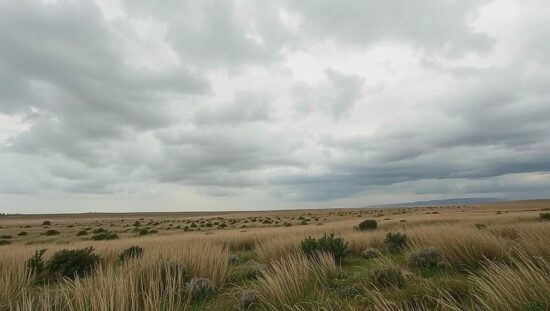The search for a permanent repository for Germany’s nuclear waste has narrowed, with the Federal Society for Radioactive Waste Management (BGE) announcing on Monday that approximately 25% of the country’s landmass remains under consideration. The potential sites are predominantly located in northern Germany, although several regions in the south have not been entirely excluded. This latest reduction in scope follows years of complex geological assessments and public debate, highlighting the politically charged nature of the disposal process.
The BGE aims to finalize the selection of sites suitable for exploratory drilling by the end of 2027. This involves identifying areas judged capable of safely containing the highly radioactive waste for millennia. The process, however, has been consistently criticized for its perceived lack of transparency and the potential to trigger protracted legal challenges and regional resentment.
Federal Environment Minister Carsten Schneider, while acknowledging the BGE’s progress, voiced urgency in accelerating the timeline. “It is crucial that we make significantly faster progress after this stage starting in 2027” Schneider stated, emphasizing a responsibility to the communities living near interim storage facilities. The minister’s call to action reflects mounting pressure from affected populations who have borne the burden of temporary storage, fostering anxieties surrounding long-term risks and potential property value depreciation.
Schneider further indicated plans to propose legislative amendments early next year, aiming to optimize the site selection process. However, he stressed a commitment to preserving the core principles of the procedure, prioritizing safety above all else. This pledge comes amidst growing calls for a more inclusive approach, incorporating greater community involvement and independent scientific oversight, to counteract perceptions of a top-down, bureaucratic decision-making structure. Critics argue that a faster timeline, if achieved without bolstering public trust and engaging local stakeholders meaningfully, risks exacerbating existing tensions and undermining the long-term viability of the repository solution. Ultimately, the political success of the project will depend not only on geological suitability, but on demonstrating a genuine commitment to fairness, transparency and the concerns of those living in proximity to potential sites.





